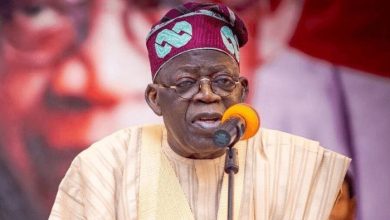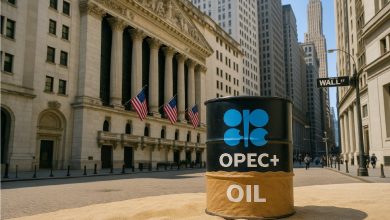Nigeria Becomes Main Crude Supplier to Senegal’s Dakar Refinery
Nigeria has become the main crude supplier to Senegal’s Dakar Refinery, which cannot process local Sangomar output.
The plant runs on Nigeria’s Erha crude, while Senegal still imports most refined fuels from abroad.
Nigeria has emerged as the key crude oil supplier to Senegal’s only refinery in Dakar, despite Senegal joining the ranks of oil-producing nations last year.
According to industry data from Kpler, Senegal began producing oil in mid-2024 from the Sangomar field, which yields around 100,000 barrels per day of medium sour crude. Most of this output, however, is exported to Europe, with Spain, Italy and the Netherlands being the main buyers.
The 30,000-barrel-per-day Dakar Refinery cannot process Sangomar’s heavy crude because it was designed for lighter, low-sulphur oil. Instead, the plant depends on Nigeria’s Erha crude, a light and sweet grade that matches its configuration.
Kpler reports that in recent months, Dakar has consistently imported about 30,000 barrels per day of Erha crude from Nigeria, making the country a lifeline for Senegal’s refining system.
Growing energy dependence
While Nigeria provides crude oil to keep the Dakar refinery running, Senegal still struggles to meet domestic fuel demand. Between 2024 and 2025, the country imported between 90,000 and 100,000 barrels per day of refined products, with up to 60 per cent coming from Russia in the form of diesel, gasoil, and fuel oil.
This situation leaves Senegal in a paradox: an oil-producing country that relies on Nigeria for crude processing feedstock and on Russia for finished fuel supplies.
Outlook for Senegal’s oil sector
Plans for Phase 2 of the Sangomar project, which involves drilling 33 new wells with a potential start-up in 2027, are under review. Kpler expects Senegal’s crude output to remain steady at 100,000 barrels per day for the next few years. Until then, Nigeria’s Erha and Russia’s refined products will remain central to Senegal’s energy balance.



